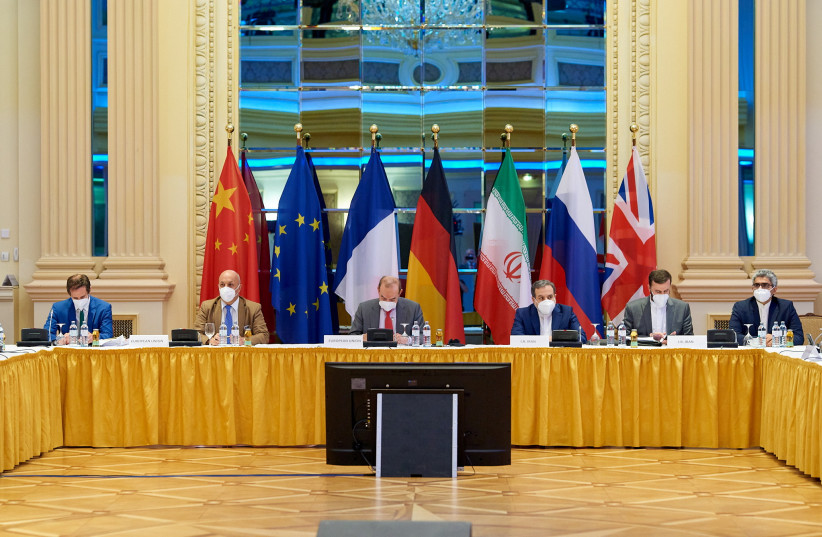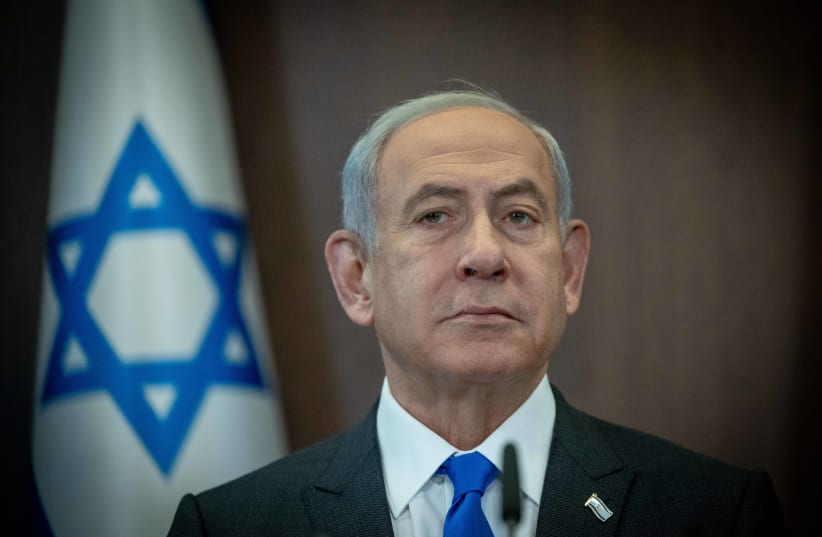Prime Minister Benjamin Netanyahu on Tuesday pledged to wage an open and highly public campaign against any attempts to revive the 2015 Iranian nuclear deal, which he said has not yet been fully rejected.
“We will act powerfully and openly on the international front against the revival of the [Iranian] nuclear agreement,” he said at the start of the weekly cabinet meeting.
The Biden administration, which had initially sought to revive the deal in 2021, has made comments in recent months indicating that the issue was off the table.
Josep Borrell, the European Union’s representative for foreign affairs and security policy, met last month on the Jordanian shore of the Dead Sea with Iranian Foreign Minister Hossein Amirabdollahian. They discussed the possibility of renewing indirect talks to restore the deal, under which international sanctions against Iran were lifted in exchange for Tehran’s agreement to curb its nuclear program.
“Unfortunately, contrary to the popular opinion that this dangerous nuclear agreement has been scrapped, despite the recent events in Iran, I think that this possibility has not yet been definitively removed from the [global] agenda,” Netanyahu said.


“Therefore, we will do everything to prevent the revival of this bad agreement that will lead to a nuclear Iran with international sponsorship,” he said.
Netanyahu vows to stop Iran's military establishment in Syria and elsewhere
The push for the deal’s revival has continued, even though “world public opinion is now awake to the true face of Iran – the Iranian regime that kills innocent citizens in Iran and abroad,” Netanyahu said.
Israel, under his leadership, “will work harder to prevent Iranian-military establishment in Syria and elsewhere,” he said.
Netanyahu also pledged to strengthen Israel’s ties with the Arab and Muslim countries it has diplomatic relations with: Egypt, Jordan, the United Arab Emirates, Bahrain, Morocco and Sudan. He also pledged to normalize ties with “additional Arab countries in the region.”
